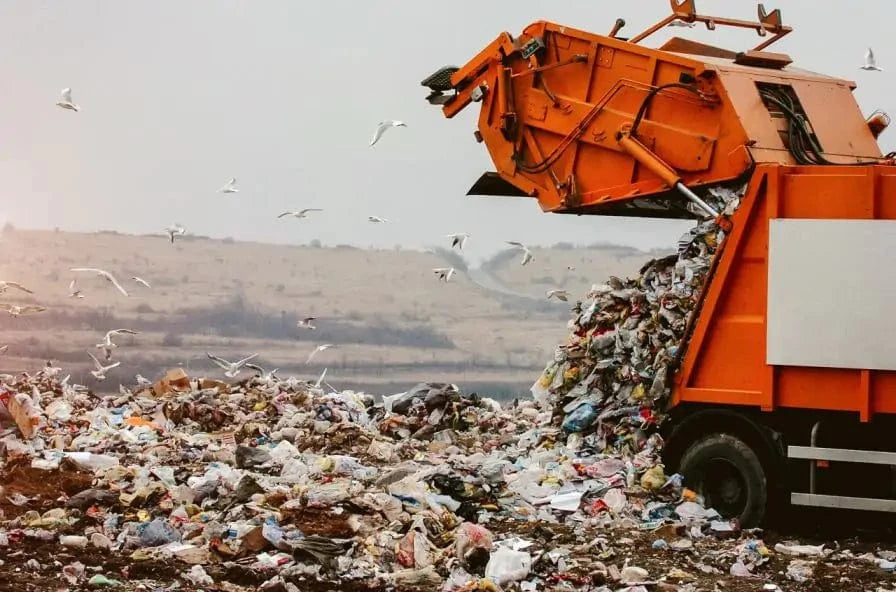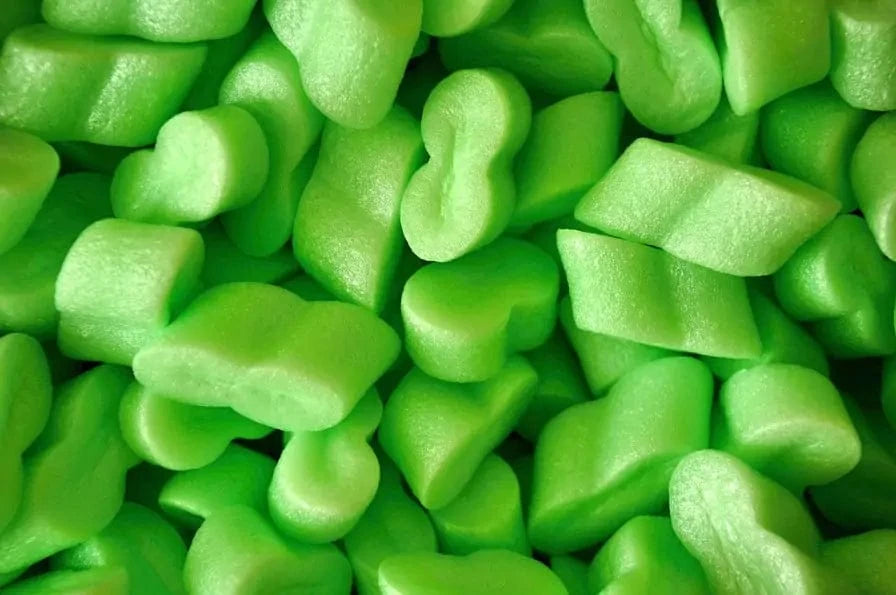Your basket is currently empty.
Shop NowWhy People Don't Recycle as Much as They Should

Why People Don’t Recycle As Much As They Should
We all know that we should recycle. We all know that there are ever more bins, boxes, and collection points becoming available, yet most of us still don’t recycle as much as we should.
Why people don’t recycle
Recycling can be inconvenient
Recycling might seem simple, but to recycle properly, and separate waste appropriately and correctly does take a bit of effort.
There’s no incentive
Some people have indicated in surveys that they would recycled more if they were paid, or if there was some sort of incentive. Reward schemes and similar are being looked at in some areas, as are penalties for incorrect recycling.
They can’t see that recycling makes a difference
Every day, people hear about overflowing landfills, declining amounts of natural resources, and seemingly out of control climate change, so they think that if they do recycle, it won’t make much of a difference to these issues.

Why should you recycle?
It conserves energy
Rather than using energy to make something new, raw materials are repurposed and reused, which saves energy and resources.
Recycling reduces the amount of rubbish sent to landfill
Reusing and repurposing materials reduces the amount of waste that is sat in landfills, leaching toxins into the soil and causing greenhouse gas emissions.
Recycling protects wildlife and their habitats
If we recycle, we need to create less new products, so there is less need to destroy animal habitats like trees.
Do you recycle these?
Some people might recycle more if they were surer about what they can actually recycle. Here are 5 things that you should start recycling if you don’t already;
Mobile phones
Mobile phones contain precious metals, yet countless handsets are simply discarded, or sat in a drawer. Electronic waste like mobile phones can be quite hazardous too, as most use lithium batteries.
Some mobile phone retailers and manufacturers accept unwanted handsets, and there are now schemes where you can recycle old handsets for cash.

Cooking oil
The build-up of grease in the sewer system is a constant headache and cause of drain blockages and overflows. If you pour oil down the drain, it hardens and clogs pipes.
Instead of pouring it down the drain, empty it into a suitable container, then when it is full, take it to a local authority recycling point.
Cooking oil is usually converted into biodiesel, which is a form of renewable energy.
Latex (water-based) paint
You probably have a stockpile of paint in your garage or shed, but this type of paint has an expiry date. But the good news is, this can be recycled, unlike oil based paint. Many local authorities will have a special collection site for this type of paint as it is classed as hazardous waste. The paint can be mixed with other paints and reused, it can be recycled into a completely new paint, or it can be donated to people who are less well-off to brighten up their homes.
Don’t ever pour paint down the drain.
Plastic packing peanuts
These are traditionally made of expanded polystyrene (EPS), which is difficult and expensive to recycle. However, many retailers will accept them for reuse, or you can always use them when sending fragile items through the mail.

Tires
Some manufacturers or garage accept used car tires, and recycling them is a much better option than sending them to landfill or dumping them in a river.
Recycled tires can be turned into fuel or AstroTurf, whereas tires in a landfill can produce toxic fumes if they catch fire.
